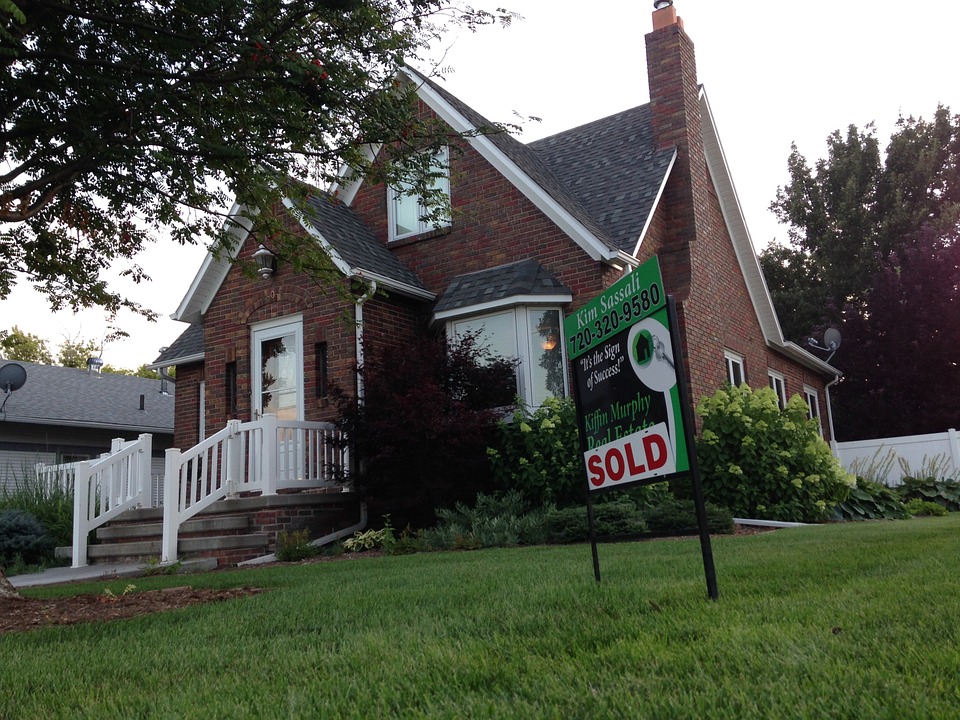Finding the right home is hard, especially for individuals who have special needs. It’s not an impossible process, but it is best to keep a few tips in mind to make sure that it goes as smoothly as possible.
Know Your Needs
The most important part of the process is knowing exactly what sort of housing you need to accommodate your disability. The more information you can provide to the real estate agent, the more likely they are to find something appropriate. There are times when finding an appropriate home on the market will be impossible, so it can also be prudent to meet with contractors so you can determine which houses can be renovated to meet your needs. According to Disability.gov, most renovations for this purpose only cost between $150 and $2000 dollars, so you should remain open to the idea of altering an existing home.
Take Your Time, But Act

Finding a home can be a long and frustrating process, but it’s important not to rush things. Buying a home is a big decision, and it’s important not to forget any details that could make it hard to live with your disability in your new home.
On the other hand, it’s also important to act once you find something that does meet your needs. Nothing is more frustrating than finding your perfect home and losing it because somebody else bought it before you made up your mind. Take all the time that you need to make sure the home is appropriate, but be sure to act once you are positive that it is.
Look For Support
It may seem impossible to get your own home, but there’s plenty of support out there that can make the process easier. Many government programs, such as those offered by state governments and the federal Department of Housing and Development, offer financial support for disabled people who want to buy a home. Private groups, such as Habitat for Humanity, can also help build or fund a home. These groups usually work very closely with disabled individuals, so they know how to build a home that can meet any special requirements. Those organizations can take more than a year to go from applying to closing on a home, so it’s best to apply as soon as possible if you think they can help you.
Know Your Rights

Disabled individuals face a lot of challenges when it comes to finding a home that meets their needs, so they shouldn’t need to deal with discrimination for landlords or real estate agents. Fortunately, the Fair Housing Act offers protection against that type of discrimination. Discrimination is relatively common in spite of that protection, so it’s important to know your rights before you hunt for a home.
In this case, discrimination includes advertising a home in a way that indicates a preference for people who are not disabled, refusing to sell or rend to a disabled person, or interfering with their ability to exercise their housing rights. They are also forbidden from offering different terms to disabled individuals than they would to anybody else. Disabled individuals are also entitled to make reasonable modifications to their home to accommodate their disability.
In the event of a violation, individuals are entitled to file a complaint to the United States Department of Housing and Development, which will attempt to resolve it. The HUD will start by attempting to reconcile the two parties, but if that fails the matter will go to court. The court can order the landlord to pay compensation to the wronged party, so it’s important for people to know their rights and be willing to fight for them. If you aren’t sure if you have a case, consider consulting an injury lawyer or other legal expert who has experience dealing with cases that involve disabilities.


